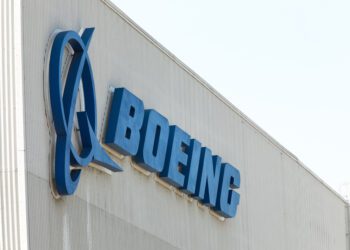Many manufacturers still struggle to fill critical jobs, and companies should continue to find ways to broaden the talent pipeline, foster inclusive cultures, and create ongoing upskilling programs for the digital future of manufacturing.
The manufacturing industry netted a loss of 578,000 jobs during the pandemic-challenged year 2020—a figure that represents nearly six years of job gains, and yet, at any given moment in the past six months, nearly 500,000 jobs have remained open in manufacturing. In fact, the National Association of Manufacturers (NAM) Manufacturers’ Outlook Survey continues to find that “attracting and retaining a quality workforce” is one of the top business challenges among respondents. How is this possible, given that the unemployment rate remains stubbornly high.
One of the top challenges manufacturers face today remains the skills gap in US manufacturing. In 2018, our headline was “The jobs are here, where are the people?” That was in the context of historically low unemployment rates.6 Fast forward three years and, amid a global pandemic and the first US recession in more than a decade, it would appear the same headline stands.
There are nuanced differences in today’s environment that are important to understand, as they highlight some key challenges manufacturers face: sourcing, training, and retaining talent. This report highlights some key findings from the 2021 Deloitte and The Manufacturing Institute Manufacturing Talent study, including:
• US manufacturing is expected to have 2.1 million unfilled jobs by 2030.
• The pace of digital transformation in the manufacturing industry will likely continue to redefine work for humans.
• The economic impact of protracted job openings in manufacturing is significant.
• Diversity, equity, and inclusion (DEI) is an imperative for manufacturers.
• Manufacturers should create pathways to tomorrows jobs today.
Adding to the impact of the pandemic on manufacturing over the past year, DEI has risen to the forefront of the manufacturing industry. Manufacturers of all sizes are taking the National Association of Manufacturers’ Pledge for Action in the industry by 2030.7 The simple demographic arithmetic demands that organizations cannot have a robust talent strategy without a robust DEI strategy. Manufacturers are moving quickly to build a workforce management strategy that expands diversity in their talent pipeline, fosters an inclusive culture that will retain diverse talent, and upskills their workforce for tomorrow.
By Heather Ashton, Chad Moutray, Victor Reyes & Paul Wellener
Read the full report here.












